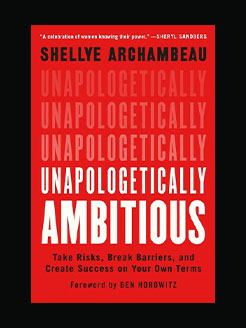Published in 2023
377 pages
10 hours and 16 minutes
Drew Gilpin Faust is the Arthur Kingsley Porter University Professor at Harvard University. She was Dean of the Radcliffe Institute for Advanced Study from 2001 to 2007, and after twenty-five years on the faculty of the University of Pennsylvania, she served as Harvard’s president from 2007 to 2018. Faust is the author of several books, including This Republic of Suffering: Death and the American Civil War, winner of the Bancroft Prize and a finalist for the National Book Award and the Pulitzer Prize; and Mothers of Invention: Women of the Slaveholding South in the American Civil War, which won the Francis Parkman Prize. She and her husband live in Cambridge, Massachusetts.
What is this book about?
A memoir of coming of age in a conservative Southern family in postwar America.
To grow up in the 1950s was to enter a world of polarized national alliances, nuclear threat, and destabilized social hierarchies. Two world wars and the depression that connected them had unleashed a torrent of expectations and dissatisfactions—not only in global affairs but in American society and Americans’ lives.
A privileged white girl in conservative, segregated Virginia was expected to adopt a willful blindness to the inequities of race and the constraints of gender. For Drew Gilpin, the acceptance of both female subordination and racial hierarchy proved intolerable and galvanizing. Urged to become “well adjusted” and to fill the role of a poised young lady that her upbringing imposed, she found resistance was necessary for her survival. During the 1960s, through her love of learning and her active engagement in the civil rights, student, and antiwar movements, Drew forged a path of her own—one that would eventually lead her to become a historian of the very conflicts that were instrumental in shaping the world she grew up in.
Culminating in the upheavals of 1968, Necessary Trouble captures a time of rapid change and fierce reaction in one young woman’s life, tracing the transformations and aftershocks that we continue to grapple with today.







